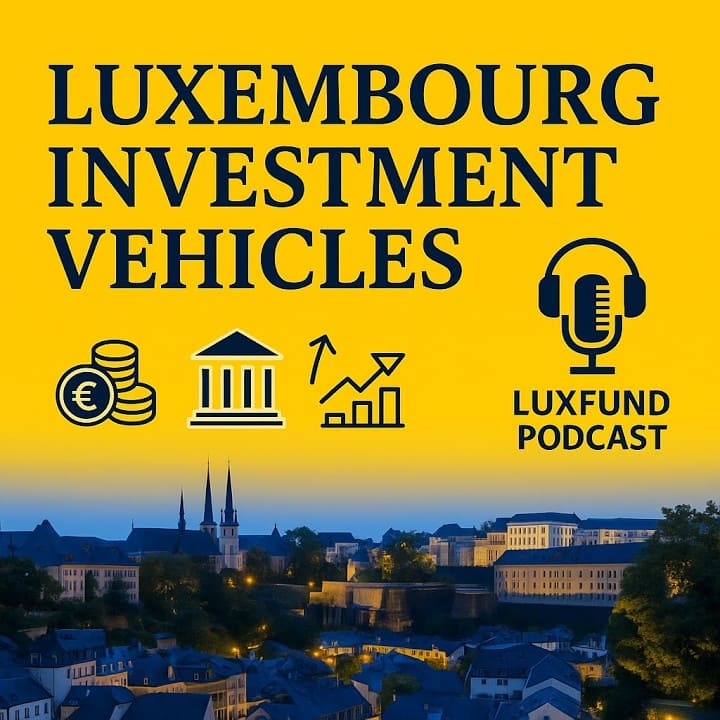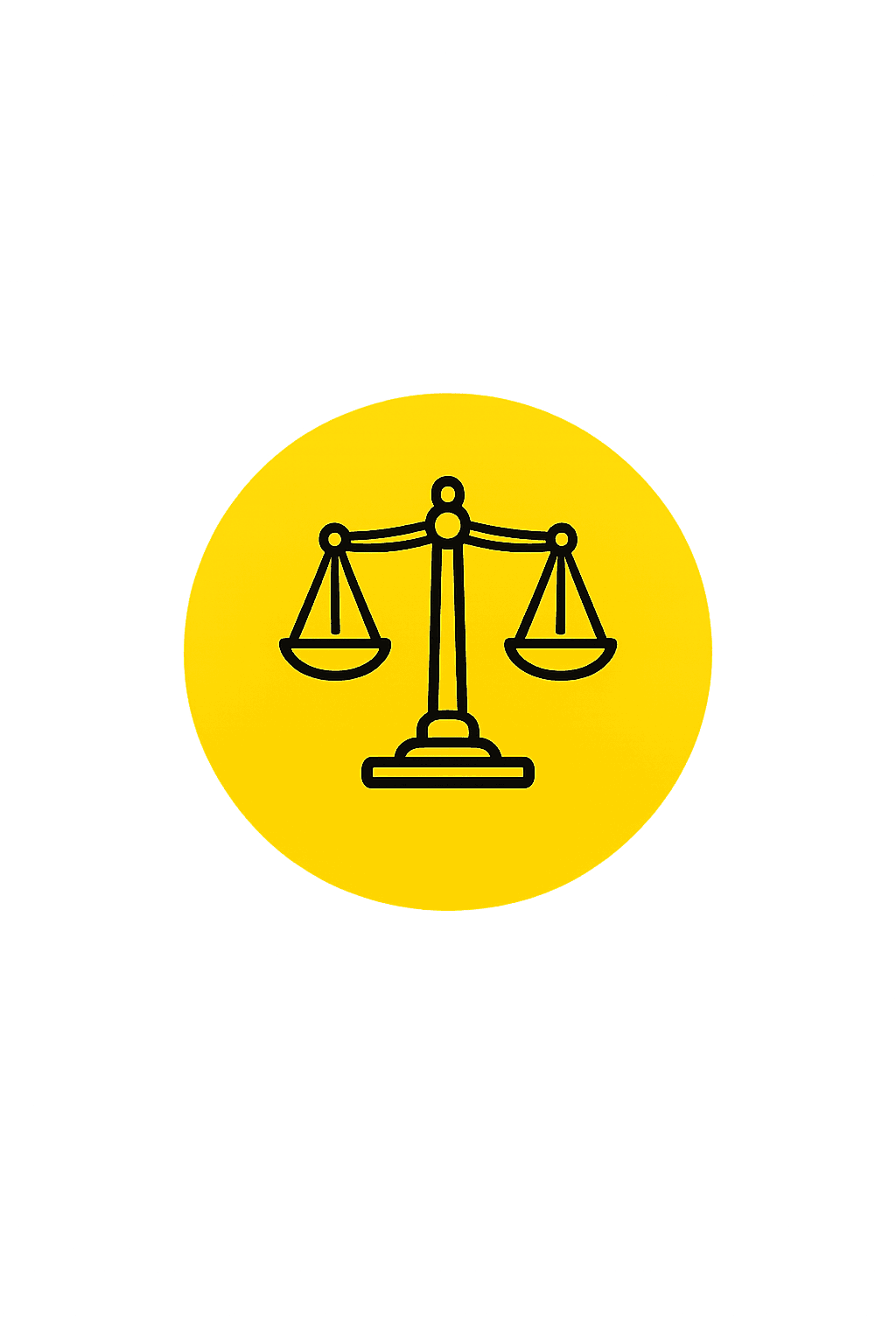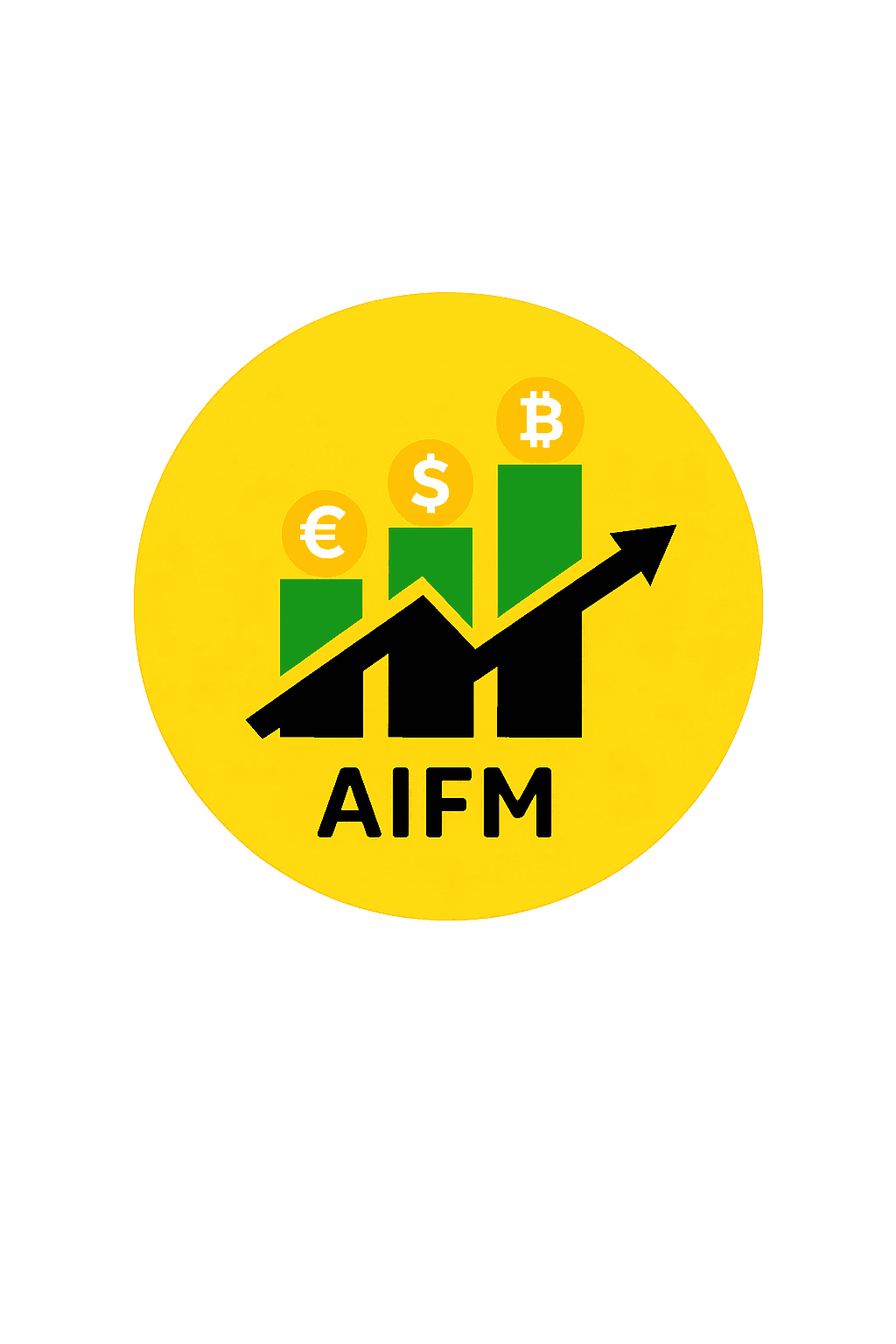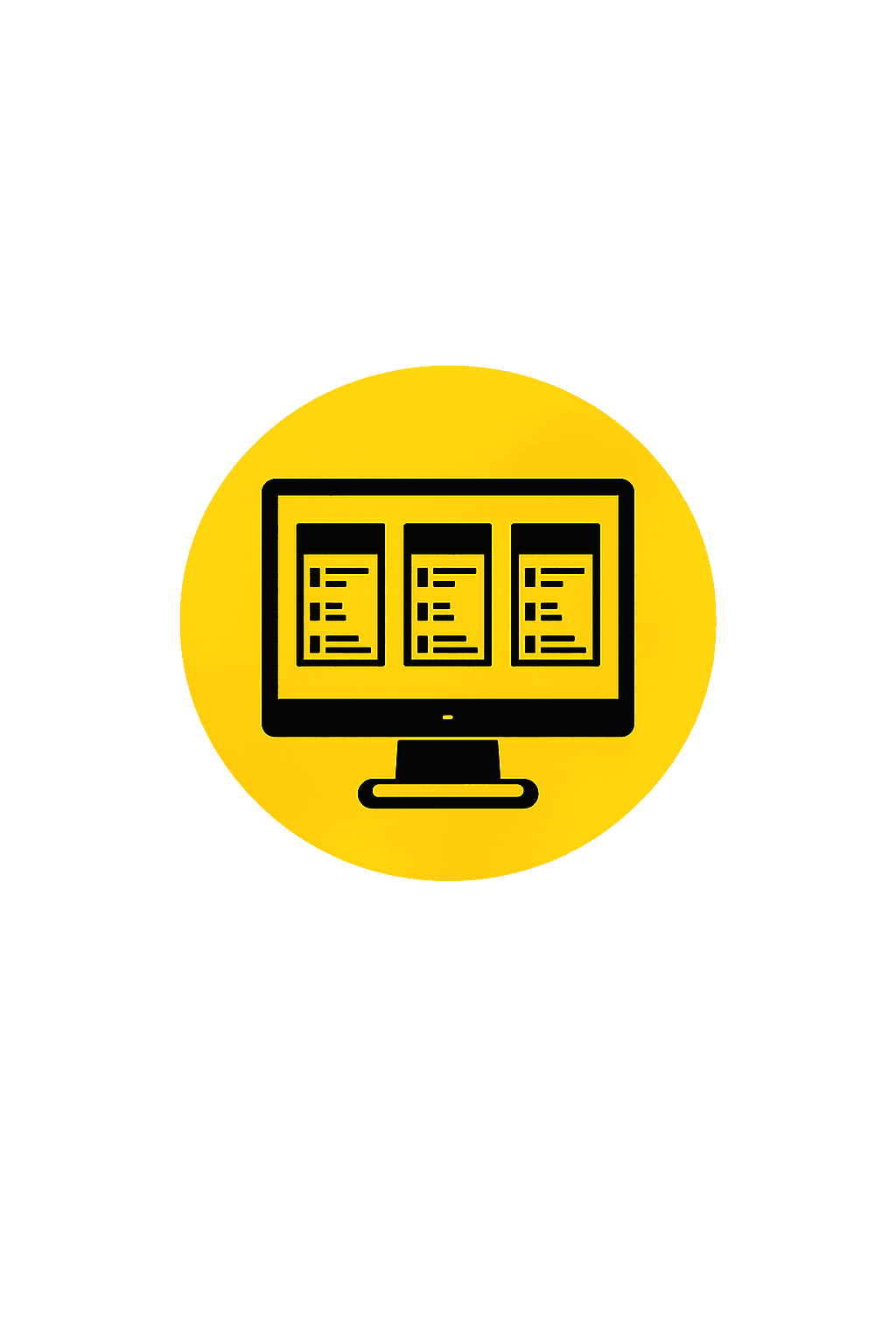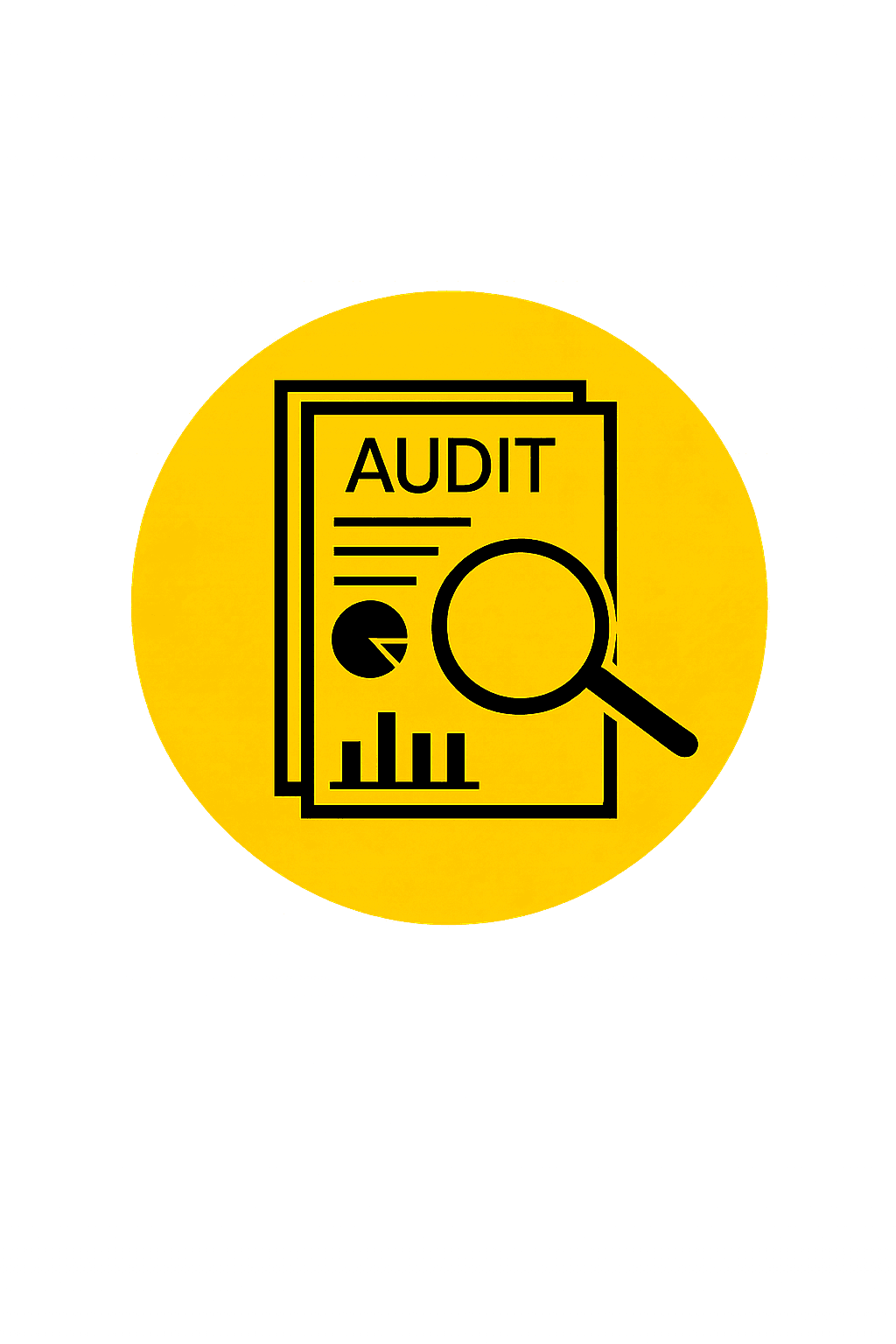| Rank | Name | Ministry | Key Economic Relevance |
|---|---|---|---|
| 1 | Laurent NUÑEZ | Ministre de l’Intérieur | Security, migration, policing — baseline for investor confidence and site operations |
| 2 | Catherine VAUTRIN | Ministre des Armées et des Anciens combattants | Defense procurement, aerospace supply chains, dual-use R&D |
| 3 | Jean-Pierre FARANDOU | Ministre du Travail et des Solidarités | Labour market rules, hiring costs, social policy impacts on payroll |
| 4 | Monique BARBUT | Ministre de la Transition écologique, de la Biodiversité et des Négociations internationales sur le climat et la nature | ESG regulation, permits, green-tech incentives, climate diplomacy |
| 5 | Gérald DARMANIN | Garde des Sceaux, ministre de la Justice | Corporate law, courts, anti-fraud — legal certainty for deals |
| 6 | Roland LESCURE | Ministre de l’Économie, des Finances et de la Souveraineté industrielle, énergétique et numérique | Fiscal policy, industry, energy, digital — core macro and sector levers |
| 7 | Serge PAPIN | Ministre des Petites et moyennes entreprises, du Commerce, de l’Artisanat, du Tourisme et du Pouvoir d’achat | SMEs, retail, tourism — domestic demand, margin support, permits |
| 8 | Annie GENEVARD | Ministre de l’Agriculture, de l’Agro-alimentaire et de la Souveraineté alimentaire | Agri-food value chain, CAP alignment, export standards |
| 9 | Édouard GEFFRAY | Ministre de l’Éducation nationale | Skills pipeline, STEM education, workforce quality |
| 10 | Jean-Noël BARROT | Ministre de l’Europe et des Affaires étrangères | Trade diplomacy, EU policy, export support, investor outreach |
| 11 | Rachida DATI | Ministre de la Culture | Creative industries, IP ecosystems, cultural investment |
| 12 | Stéphanie RIST | Ministre de la Santé, des Familles, de l’Autonomie et des Personnes handicapées | Healthcare spend, medtech demand, workforce health policies |
| 13 | Naïma MOUTCHOU | Ministre des Outre-mer | Overseas territories investment, logistics, tax regimes |
| 14 | Françoise GATEL | Ministre de l’Aménagement du territoire et de la Décentralisation | Regional planning, permits, infrastructure in secondary cities |
| 15 | Amélie de MONTCHALIN | Ministre de l’Action et des Comptes publics | Public accounts, taxation admin, procurement rules |
| 16 | Philippe BAPTISTE | Ministre de l’Enseignement supérieur, de la Recherche et de l’Espace | University R&D, space/aero clusters, tech transfer |
| 17 | Marina FERRARI | Ministre des Sports, de la Jeunesse et de la Vie associative | Events economy, facilities PPPs, youth programmes |
| 18 | Philippe TABAROT | Ministre des Transports | Rail, ports, airports — logistics corridors and CAPEX |
| 19 | Vincent JEANBRUN | Ministre de la Ville et du Logement | Urban regeneration, housing supply, redevelopment pipelines |
| 20 | Laurent PANIFOUS | Ministre délégué, chargé des Relations avec le Parlement (PM) | Legislative passage, budget votes — timing for reforms |
| 21 | Maud BRÉGEON | Ministre déléguée, Porte-parole du Gouvernement (PM) | Policy signaling, comms — read-through for sectors |
| 22 | Aurore BERGÉ | Ministre déléguée, Égalité F/H et Lutte contre les discriminations (PM) | Workforce inclusion, HR compliance, corporate ESG |
| 23 | Marie-Pierre VEDRENNE | Ministre déléguée auprès du ministre de l’Intérieur | Borders, mobility frameworks for staff and goods |
| 24 | Alice RUFO | Ministre déléguée auprès de la ministre des Armées | Defense industrial base, procurement interfaces |
| 25 | Catherine CHABAUD | Ministre déléguée, chargée de la Mer et de la Pêche (Transition écologique) | Blue economy, ports, fisheries supply chains |
| 26 | Mathieu LEFÈVRE | Ministre délégué, chargé de la Transition écologique | Decarbonization pathways, retrofit incentives, standards |
| 27 | Sébastien MARTIN | Ministre délégué, chargé de l’Industrie (Économie) | Manufacturing CAPEX, subsidies, re-industrialisation |
| 28 | Anne Le HÉNANFF | Ministre déléguée, chargée de l’Intelligence artificielle et du Numérique (Économie) | AI policy, data infrastructure, cloud, digital sovereignty |
| 29 | Benjamin HADDAD | Ministre délégué, chargé de l’Europe (Affaires étrangères) | EU programs, state-aid rules, cross-border projects |
| 30 | Nicolas FORISSIER | Ministre délégué, chargé du Commerce extérieur et de l’Attractivité (Affaires étrangères) | FDI attraction, export credits, trade promotion |
| 31 | Eléonore CAROIT | Ministre déléguée, Francophonie, Partenariats internationaux et Français de l’étranger (Affaires étrangères) | Francophone markets, diaspora, international MOUs |
| 32 | Charlotte PARMENTIER-LECOCQ | Ministre déléguée, Autonomie et Personnes handicapées (Santé) | Care economy, health services demand, PPP potential |
| 33 | Michel FOURNIER | Ministre délégué, chargé de la Ruralité (Aménagement du territoire) | Rural infrastructure, agri-logistics, regional grants |
| 34 | David AMIEL | Ministre délégué, Fonction publique et Réforme de l’État (Action et Comptes publics) | Administrative efficiency, procurement reform, e-gov |
France: What the Lecornu Société Signals for Energy & Climate Transition
With a dedicated minister for energy transition and another for ecological planning, France is signaling stronger support for renewables, hydrogen, and circular economy projects. Investors in solar, battery, waste-to-energy, and carbon capture should monitor grant programs and regional allocations closely. Lobbying provincial plan commissions may become more effective now than before.
France: How Infrastructure & Transport Policy May Open Real Asset Windows
The new transport and infrastructure ministers are positioning France to accelerate rail, ports, and logistics corridors. That means potential for roads, rail terminals, inland ports, last-mile logistics hubs, and toll concession investments. Regions like Occitanie, Auvergne-Rhône, and Hauts-de-France could see early procurement cycles.
France: What Digital & Tech Ministers Mean for Innovation Investors
France’s appointment of a minister focused on digital sovereignty and AI suggests priority funding for AI, cybersecurity, sovereign cloud, and data center projects. Expect stronger public RFPs in AI governance, edge computing, and data infrastructure. If you back tech, lean into French national plans like “France 2030” and cluster initiatives.
France: How the Finance & Tax Portfolios Shape Investment Terms
The finance minister’s team oversees taxation, debt, and regulation. New signals point to continued support for R&D tax credits, investment funds, and maybe rebalancing corporate tax incentives. For fund sponsors, aligning with ministerial priorities in cleantech or deep tech may yield better leverage.
France: What Regional & Local Development Ministers Mean for Land & Real Estate
With ministers dedicated to territorial cohesion, regional development, and housing, France is leaning into infrastructure in secondary cities. That means renewed demand for logistics parks, mixed-use redevelopment, office conversions, social housing, and public-private urban projects outside Paris.
France: Who’s in Power Now — Société Context for Investors
The new Lecornu Société comprises 35 ministers, each with portfolios touching infrastructure, climate, transport, digital, finance, housing, and regional affairs. Studying which individuals hold which briefs is essential: they decide which sectors get fast track, which permits delay, and where capital flows.
France: Steps to Position Your Strategy Under the New Government
- Map ministerial portfolios to your sector (e.g. energy → climate minister).
- Monitor official gazettes for decrees or orders tied to new ministers.
- Engage in regional consultations and cluster networks early.
- Structure your French SPV or vehicle to meet grant/eligibility rules.
- Time your capital calls around expected budget votes and sector allocations.
- Design exit pathways mindful of regulatory continuity and change risk.
- Review your tax, subsidies, and compliance with new governance in mind.
France: Key Data & Business Districts to Watch
France’s major business districts remain Paris (La Défense, Boulevard Haussmann), Lyon (Part-Dieu), Marseille (Vieux-Port, Euroméditerranée), Toulouse (Capitole, Compans), and Lille (Euralille). These locations cluster government agencies, large corporates, and regional players. Population of France is ~68–69 million, with strong urban density in Île-de-France, Auvergne-Rhône, and Hauts-de-France.
France: How to React if Your Thesis Aligns with Lecornu’s Agenda
If your thesis is in energy, infrastructure, AI, regional development, or logistics, now is the time to engage. Connect with cluster bodies, regional development agencies (ex: Auvergne-Rhône-Alpes, Occitanie), and project promoters. You want to be in the pipeline before new tenders open.
France: Risk Areas to Watch under the New Government
Regulatory shifts (especially in tax, land use, energy), permitting delays, overpromising in budgets, political resistance in opposition regions, and execution risk. Staying close to ministries and regional political actors will help mitigate surprises.
Explore More About France and Luxembourg Business Opportunities
- Doing Business in France
- France Market Guide for Investors and Entrepreneurs
- France Political Update: Prime Minister Lecornu and Investor Outlook
- Paris Real Estate Investment Outlook 2025
- 10 French Generative AI Startups to Watch
- 10 French Generative Artificial Intelligence Startups Shaping the Future
- Why French Entrepreneurs Still Choose Luxembourg SOPARFI for Asset Protection
- From Paris to Luxembourg: How to Setup Your Luxembourg Holding Company
FAQs: Questions Investors Ask Under the New France Government
What is the Lecornu government’s priority for France’s energy sector?
The priority is accelerating transition to renewables, hydrogen, and incentivizing clean tech deployment.
Will infrastructure projects grow under the new France government?
Yes, major transport, logistics, and regional infrastructure projects are being pushed to deliver growth and cohesion.
How will digital and AI get support in France under Lecornu?
The government plans stronger backing for AI, sovereign cloud, data, and cybersecurity to boost France’s tech sovereignty.
Do new finance policies in France affect tax incentives?
Yes, small adjustments are expected, but R&D credits and investment incentives remain core tools.
Are regional development programs changing in France?
Yes, more focus is going to mid-tier cities and territorial equity across France.
How do I align my investment thesis with new France ministers?
Map your sector to ministerial portfolios and engage them earlier in consortiums or clusters.
What risks exist under France’s new Société?
Permitting delays, regulation changes, regional resistance, and execution risk are key to monitor.
Should I reconsider entering France now?
No — the government gives clarity, and aligning early gives strategic advantage.
Will funding for green projects increase in France?
Expect expanded budgets and public tenders for green technologies across France.
Are logistics and ports a focus in France?
Yes, France is reinforcing port-to-inland logistics corridors and regional terminals.
How to engage ministries in France as a foreign investor?
Leverage cluster bodies, regional agencies, and public consultations tied to new ministers.
Is France still attractive for tech startups?
Yes — especially now with support for AI, data, and sovereign cloud strategies.
Do real estate investors have room under France’s agenda?
Yes — office retrofits, conversions, logistics, and build-to-rent in regional France stand out.
Where can I monitor changes in ministerial policies?
Watch the official French government “Journal Officiel” and ministry websites for decrees.
How soon will policy changes in France take effect?
Some decrees start in months; bigger budgets and bills unfold over the legislative session.
10 Best Things to Do in France During a 24-Hour Business Trip
- Paris: Eiffel Tower & Seine cruise
- Paris: Louvre Museum
- Paris: Palais Garnier
- Lyon: Vieux Lyon & traboules
- Marseille: Vieux Port & MuCEM
- Toulouse: Place du Capitole
- Lille: Grand’Place & Vieille Bourse
- France: Attend a flagship expo (if coincident)
- France: High-speed train ride (TGV) experience
- France: Regional food & wine walk


